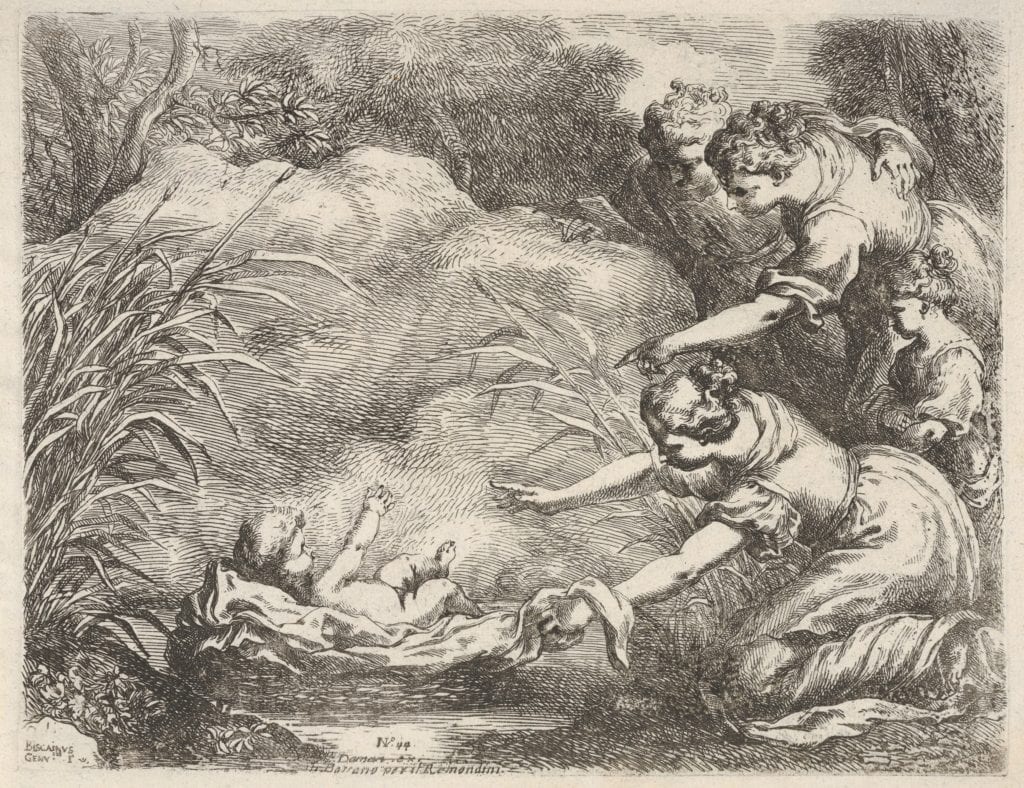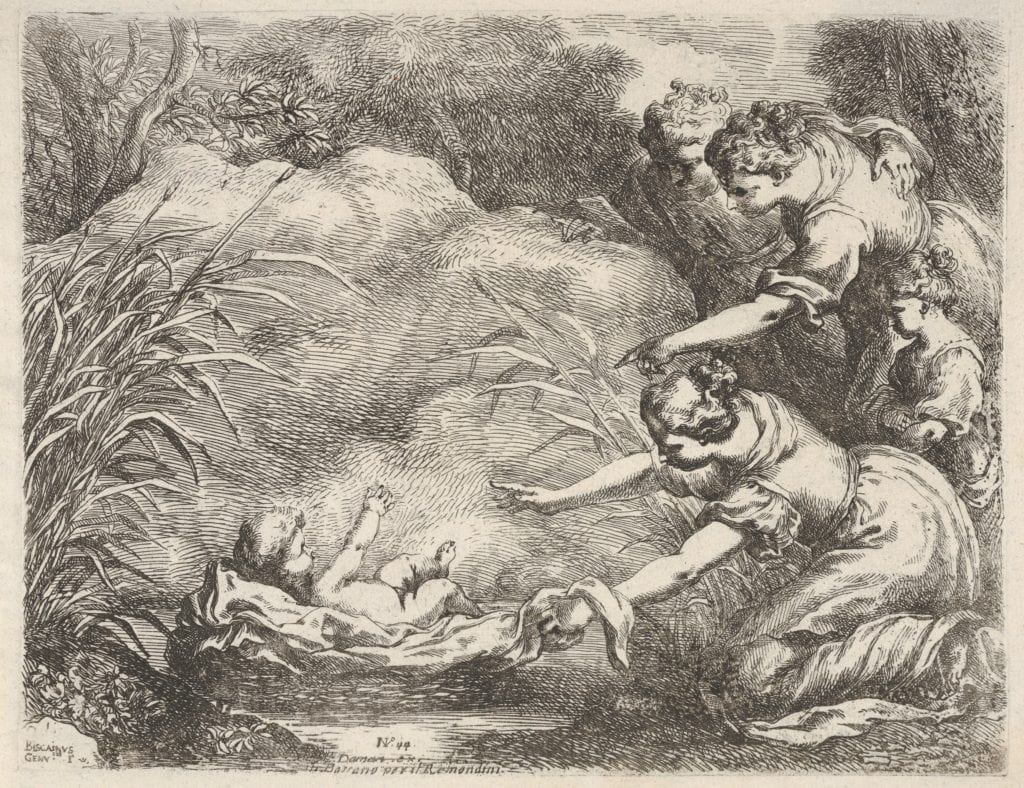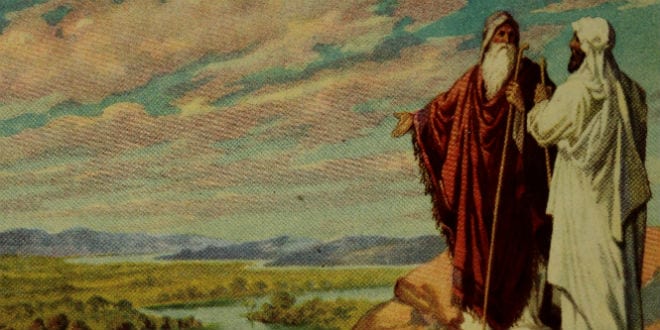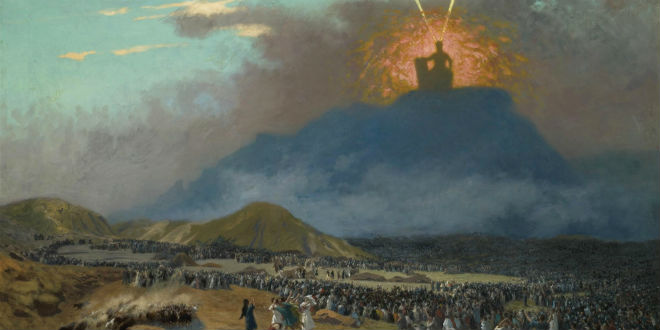
What Kind of Man… (#1)
In this ongoing series I want to explore thoughts on people in scripture, meditations based on the Word, encouraging you to do the same, Ps 1:1-2.
Moses – The Stranger
A man alienated from his people, his family, even at times seemingly separated from the covenant promises of God, in many ways Moses appears as the archetypal stranger.
What first started me thinking about this was flocks, Moses’ lack of them.
Exodus 3:1: ‘Moses was tending the flock of his father-in-law, Jethro…’
Why wasn’t Moses tending his own flock(s)? There is no reference to Moses’ sheep, goats, or cattle. Didn’t he have any?
Throughout scripture, mention of increasing flocks is an indicator of God’s favour and blessing. Yet Moses, presented as being specially called by God, a beautiful child, educated as a Princess’ son, said to have been mighty in wisdom, word, and deed, was without his own flocks. For a lot of his life living off, and having to ask permission, of his father in-law, Ex 4:18.

Compare this to the description of Abraham.
‘The Lord has greatly blessed my master [Abraham]; he has become a wealthy man. The Lord has given him flocks of sheep and goats, herds of cattle, a fortune in silver and gold, and many male and female servants and camels and donkeys’, Gen 24:35.
The wealth of the patriarchs Isaac and Jacob is described similarly, Gen 26:13, 30:43.
In contrast, after 40 years of caring for his father-in-law’s flock, check with what resources Moses starts his journey, at God’s specific command, back to Egypt-
‘So Moses took his wife and sons, put them on a donkey, and headed back…’ Ex 4:20.
Moses was seemingly not in the same league in regards to wealth, social standing, and material realization of covenant promises, as his forefathers.
Continuing in Exodus 3, Moses’ actions give us further insight into his situation.
‘He led the flock far into the wilderness and came to Sinai…’ Ex 3:1.
Far in the wilderness, it appears Moses was, at the least, staying distant from his family. He wasn’t coming home each night to enjoy social time with wife and father-in-law around the fire.

Friends? There is no mention of companions, for example as with Joseph’s brothers who are described as being together pasturing flocks, Gen 37:12.
Following God’s call to circumcise, consider the difference in outcome between the households of Abraham and Moses.
Gen 17:23-27 indicates Abraham and his entire male household participated in what was an iconic community-bonding event.
In contrast, for Moses, the moment between husband and wife was strife-filled. It’s unclear why, yet, with the Lord about to kill him, his wife had to intervene.
Ex 4:24-27, ‘The Lord met Moses and was about to kill him. Zipporah took a flint knife and circumcised her son. She touched his [Moses] feet with the foreskin and said, “Now you are a bridegroom of blood to me.”’
There is ambiguity whether Zipporah’s comment is positive or negative. Yet husband and wife separated. Zippora is physically and emotionally distant as indicated in Ex 18:2-4.
Alone as he heads back to Egypt, consider the extent of Moses’ lifelong estrangements: he’s born in Egypt as a slave far from his Canaan ancestral home; from the moment of birth under sentence of death; adopted out, later in life he feels the deep need for the nearness of his brothers; his foray into social justice bringing massive rejection; a death sentence from Pharoah and fugitive status follow, Ex 1-2.
As an expression of the deep impact of all this on his identity, Moses names his first son Foreigner, or Stranger.

‘Moses named him Gershom, saying, “I have become a foreigner, stranger, in a foreign land,”’ Ex 2:22. So out of touch with his original family, it takes supernatural intervention for his brother Aaron to meet him, Ex 4:27.
When in Egypt at God’s command, he’s resisted, and rejected by Pharoah and his court. After delivering his people he’s the recipient of their relentless grumbling, complaints, more rejection and outright rebellion, Ex 16, Num 11, 16.
So here is Moses. Bereft of flocks. A lifelong stranger. Alienated from his homeland, wife, family, and people. Estranged from everyone.
Everyone, that is, except God.
From the enigmatic call from the burning bush, through all that transpired, the God of Abraham, Isaac, and Israel, was drawing closer, till-
‘Thus the LORD used to speak to Moses face to face, as a man speaks to his friend’, Ex 33:11.
What an amazing, enviable conclusion.
God makes Moses His friend!
If you find yourself dealing with dysfunction in your world, in family, finances and calling, consider Moses’ experience. God is there!
Take hold of the promise God gave to Josua and those who followed, a promise God repeats often in scripture-
‘Just as I was with Moses, so I will be with you. I will never leave you or forsake you’, Josh 1:5.
The post What Kind of Man… (#1) appeared first on Israel365 News.
Israel in the News